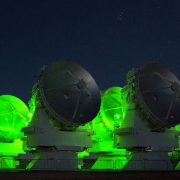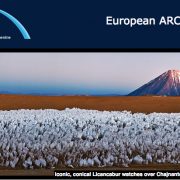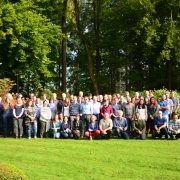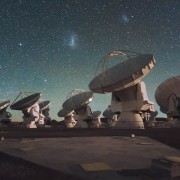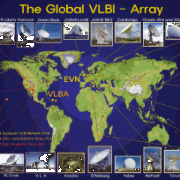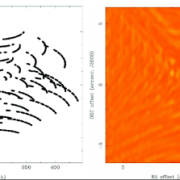
Announcement from the German Node
The German node of the European ALMA Regional Centre (ARC) invites applications for a postdoc position based at Bonn university.
The appointee is expected to support the technical and user support of ALMA, as well as conduct his/her self-defined research (50/50). Depending on his/her expertise, he/she shall work on single-dish integration efforts, including wavelet-based deconvolution tasks, or the development of polarization tools and calibration resources.
The deadline for submission is 1 April 2016.
The position offers the opportunity for research in one of the major centres of radio astronomy in Germany as well as an in-depth involvement in the development and operations of ALMA. The German ARC node is hosted by the universities of Bonn and Cologne and supports ALMA users in Germany and beyond, as well as ALMA operations and development as part of the European ARC network. The position is based at the Argelander-Institute for Astronomy, which comprises diverse research groups in observational and theoretical astrophysics, and maintains close collaborations with the university of Cologne and the Max-Planck-Institute for Radio Astronomy.
The position is available immediately as a limited-term two-year contract, with the possibility of extension based on good performance and renewed funding. The appointee will be employed with all the benefits of an employee in the public sector.
The position requires a PhD in astronomy, physics or a related discipline. Preference will be given to candidates with proven expertise in short spacing corrections, wavelet analysis and/or radio polarization. Experience with radio interferometric data, astronomical development projects and/or user support would be an asset. The German ARC node values diversity in its workforce. Thus, women and other underrepresented minorities are particularly encouraged to apply.
The application should include a CV and a statement of scientific interests, ideally as a single pdf. At least two letters of reference should be submitted. The search will continue until the position is filled; applications arriving before the deadline will be assured of full consideration. For more information. please contact Prof. Frank Bertoldi.
submission address:
Argelander-Institute for Astronomy
Prof. F. Bertoldi
Auf dem Huegel 71
D-53121 Bonn
Germany
bertoldi@astro.uni-bonn.de

